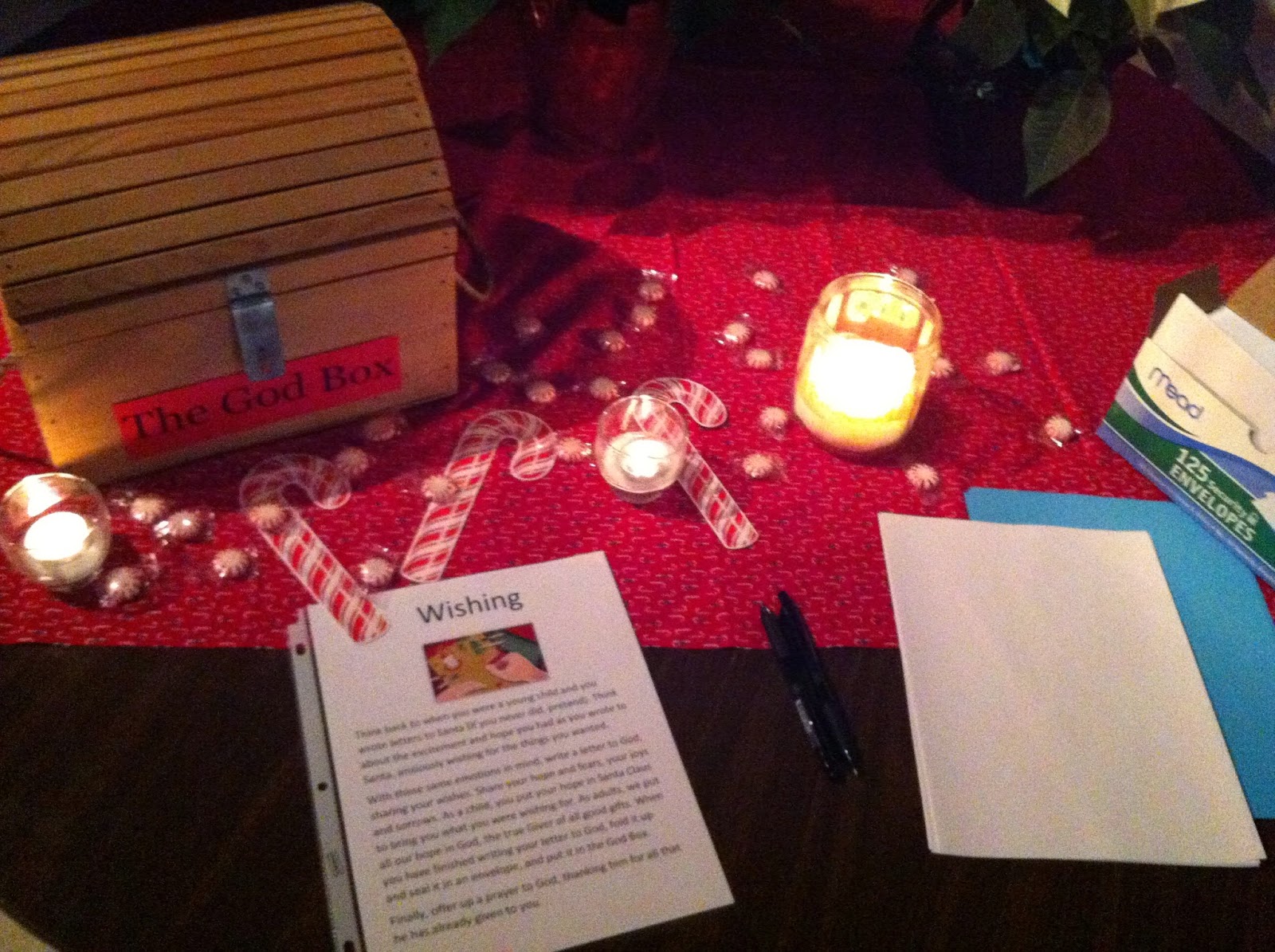LOVE IS
The month of February always brings to my mind the images associated with love; romantic love, friendship love, community love, family love, and the love of God. If you’re like me, you have strong associations and vivid pictures in your mind concerning love: red roses, couples embracing, walks on a winter beach holding hands, and relaxing together by a crackling fire. That’s the romantic love, the Valentine’s Day love, the human love we enjoy with our spouse or special someone. Friendship love, which is that special glue that binds two friends close in sharing joys and woes, celebrations and memorials, giddy fun and everyday hum-drum, is a love I hope we all share with several close friends.
But the love that comes from God is completely different. So completely Other that we really have no word in our languages that can even come close to describing the Love that holds everything in existence, without which all things in creation would fly apart into chaos. In fact, the word love and the practice of human love is flat in comparison. Love by God for human beings (philanthropia) is lauded in Psalm 52:1: "The steadfast love of God endures all the day"; Psalm 52:8: "I trust in the steadfast love of God forever and ever"; Romans 8:39: "Nor height nor depth, nor anything else in all creation, will be able to separate us from the love of God"; 2 Corinthians 13:14: "The grace of the Lord Jesus Christ and the love of God and the fellowship of the Holy Spirit be with you all"; 1 John 4:9: "In this the love of God was made manifest among us, that God sent his only Son into the world, so that we might live through him.” And so on. There are many instances of God’s love in Scripture. All of them are astounding and amazing when looked at through the lens of our human sinfulness and fallen nature. The question then arises within us: “How could I still be loved so much, even after I __________?” (Fill in the blank with your current sin.)
Just the fact that we ask that question shows us how much we don’t know about God’s nature. In fact, I venture that we don’t know God because we don’t know how to think that big; our human consciousness simply isn’t capable of holding the meaning of that much love. But as much as we try to fit God into a box of our own making, thereby controlling God so she/he doesn’t get too big, too scary, too unmanageable, we simply cannot squeeze God into whatever shape we want God to be. God always escapes and eludes our grasping fingertips, blazing away into the starry sky to shine down upon our upturned faces like the Nativity star, leading us and the wise men ever onward into unfamiliar territory. And we, like those wise men (“wisdom people”) who left the safe borders of their own countries and traveled into parts unknown, have to find the courage to make the first, faltering steps toward the great Other that we have come to call “God.”
Remember our fill-the-blank question? Maybe we’re asking the wrong question. Maybe - instead of asking how God can still love us after all the awful things we do and say to each other every day, the questions we should be asking are these:
How am I called to be in the world, knowing that God loves me
unconditionally?
What is the most loving and caring way I can live, knowing that God
loves me this much?
Where can I give back to someone or something, knowing of God’s
great Love for me?
I invite you to recognize and celebrate God’s amazing Love for you by living one of these questions this month. And - I’d love it if you would share with me what happens when you do.





























